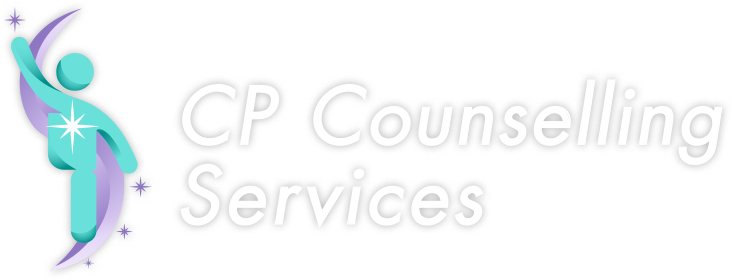It helps us all to understand that trauma is not just what happened to us, but rather how the autonomic nervous system responds to trauma and chronic stress. The body can become stuck in an adaptive state of survival, leaving safety and social engagement out of our reach. Trauma lives within our nervous system and the effects can be devastating. It leaves nothing unharmed; our entire biopsychosocial world is affected.
Traumatic symptoms may include but are not limited to:
Difficulty building attachments with others
Chronic pain
Physical ailments and chronic illnesses, both as children and as adults including “medically unexplained symptoms”
Engaging in risky behaviors
Difficulty identifying, expressing and managing emotions
Dissociating from the abuse or event
Lack of impulse control
Difficulty with problem solving
Denying the impact or extent of a traumatic event or even that it happened at all
Overreacting to certain stimulants and situations
Misperceptions about their environment
Impaired memories
Inability to sleep well
Fatigue
Nightmares
Racing heartbeat
Muscle tension
Aches and pains
Being startled easily
The good news is that we know more than ever about how this trauma imprints itself onto the nervous system, awareness of the consequences, and what is necessary to heal. A combination of top-down (the brain; cognitive, language, reason, logic) and bottom-up (the body; visceral, sensations, feeling) approaches are necessary to help bring awareness to, and to heal from trauma.
As a Polyvagal Therapy and trauma informed psychotherapist, I understand that our three autonomic states play a crucial role in our well-being – or our illness. With plenty of psychological education and information gathering we can then begin to build skills that will help to boost or encourage feelings of safety and wellness and also reduce or resolve triggers of threat.
The therapy is less about the traumatic experience and more about treating the physiological response the body is left with. It is often called “The Science of Feeling Safe.”

